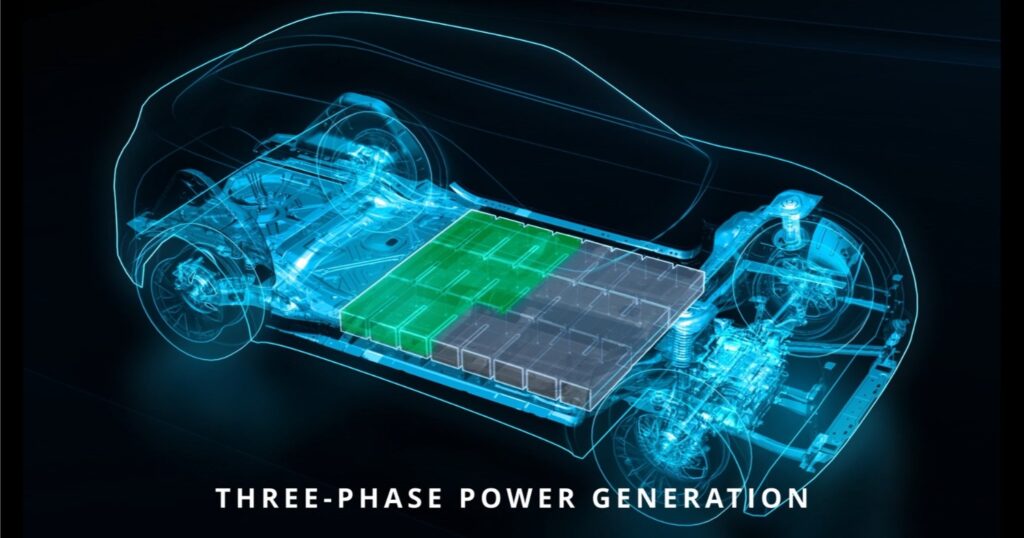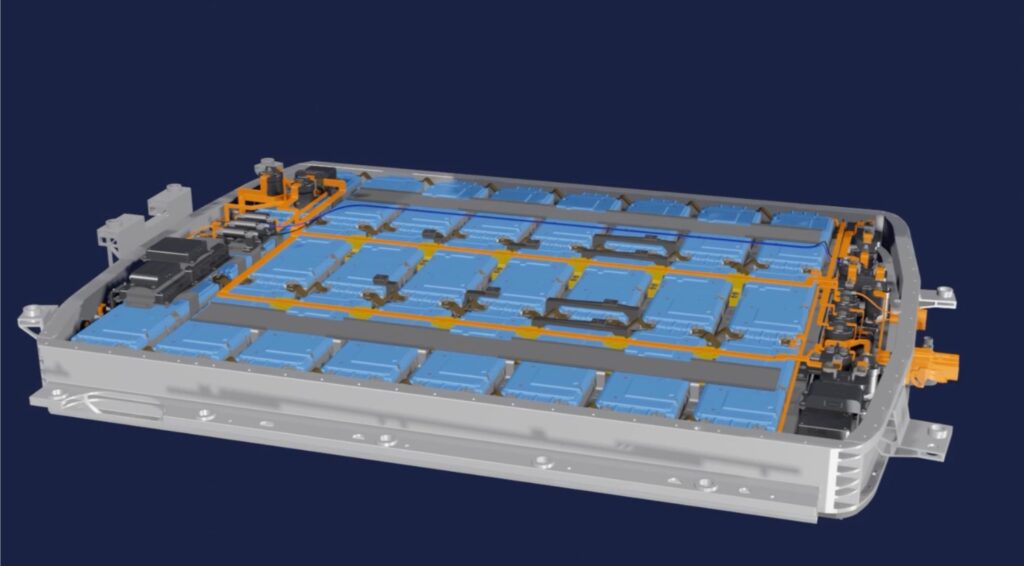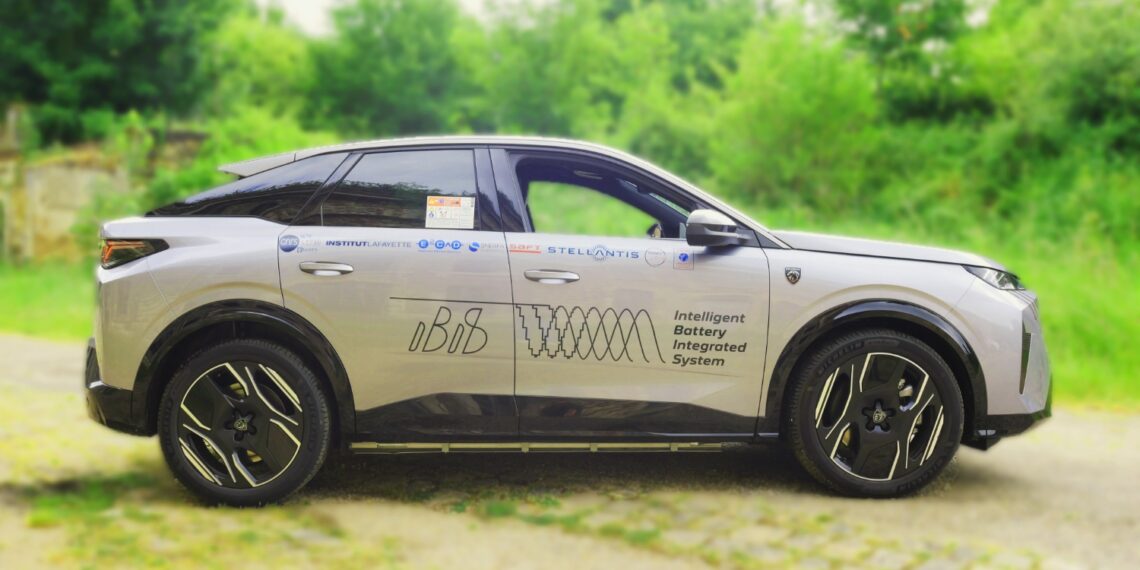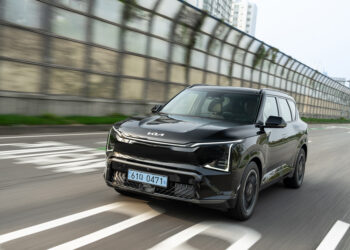Stellantis has announced the start of testing with an innovative vehicle equipped with an integrated smart battery system, aimed at developing a more efficient, sustainable, and economical energy storage and electric conversion system.
With road testing already underway, this project developed by Stellantis, in partnership with Saft (a subsidiary of TotalEnergies), involves a prototype, the new Peugeot E-3008, equipped with IBIS technology – a collaborative research project based in France.

The IBIS technology is seen as revolutionary as it introduces the integration of the inverter and charger within the battery itself, regardless of the chemistry or application. This architecture is compatible with alternating current (AC) and direct current (DC), allowing for direct charging in the motor or the electricity grid, while simultaneously powering the vehicle’s 12V system and its auxiliary components.
Among the advantages of this system, Stellantis points to an increase of up to 10% gain (WLTC cycle) and a 15% increase in power (172 kW compared to 150 kW), while maintaining the battery size.
Additionally, it reduces the vehicle’s weight by about 40 kg and frees up to 17 liters of volume, enhancing aerodynamics and offering more flexibility in design.

The first tests indicate a 15% reduction in charging time (for example, from 7 to 6 hours on a 7 kW AC charger), along with a 10% savings in energy consumption, combined with simplified maintenance.
“This project reflects our conviction that simplifying is synonymous with innovating. By rethinking and simplifying the architecture of electric propulsion, we are making the system lighter, more efficient, and more accessible. Innovations like this allow us to offer better and more affordable electric vehicles to our customers.”, said Ned Curic, Chief Engineering and Technology Officer of Stellantis.









